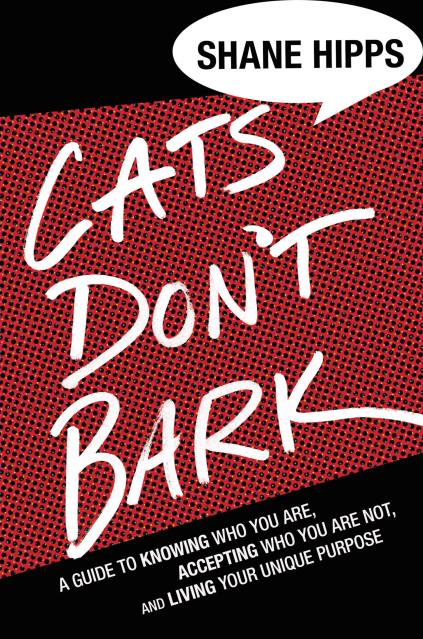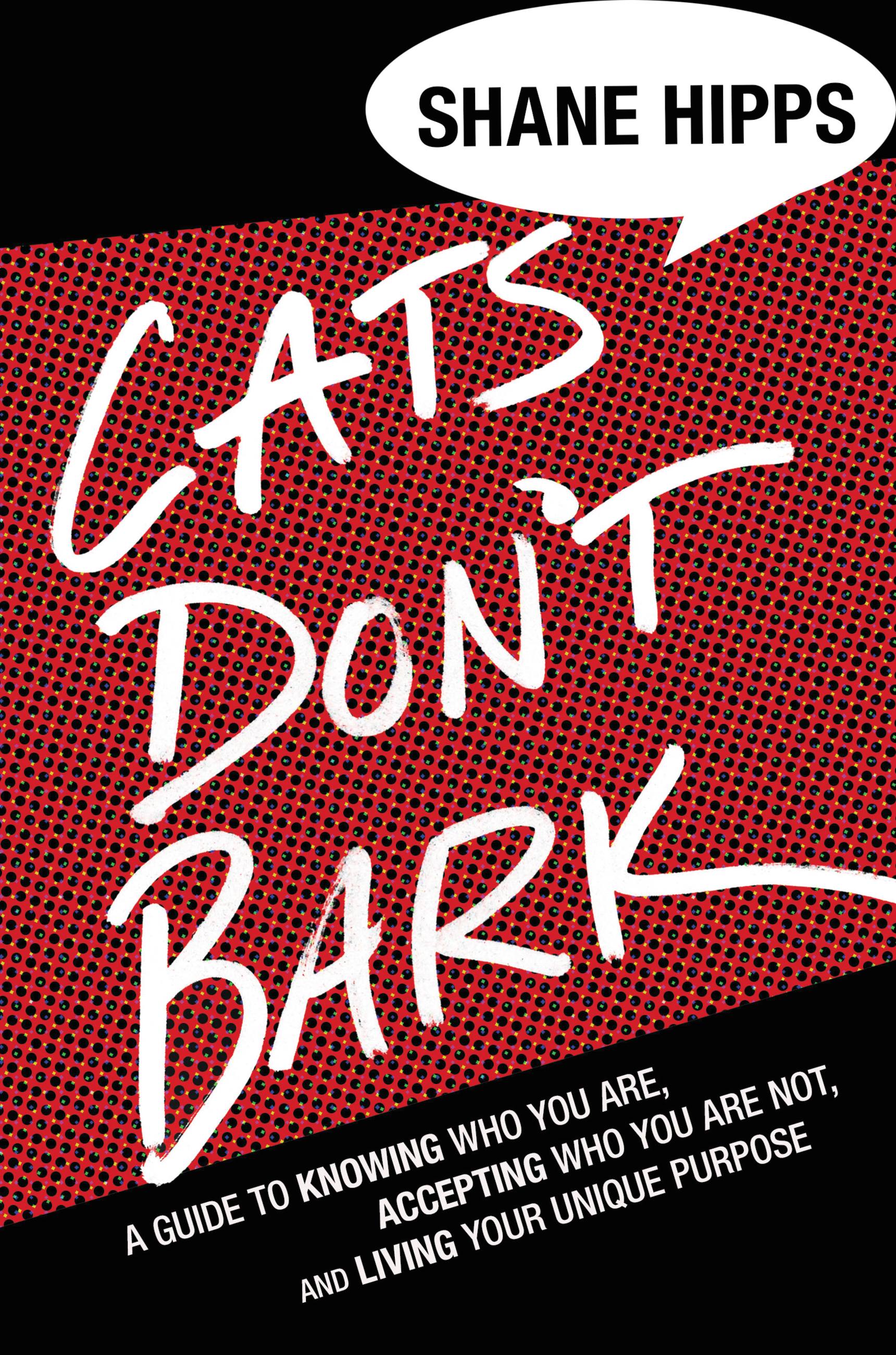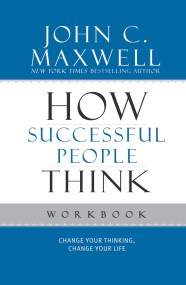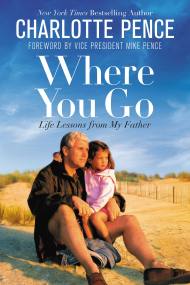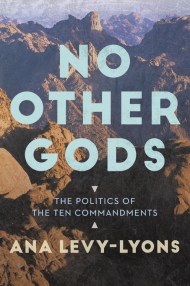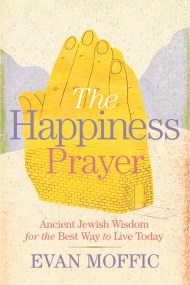By clicking “Accept,” you agree to the use of cookies and similar technologies on your device as set forth in our Cookie Policy and our Privacy Policy. Please note that certain cookies are essential for this website to function properly and do not require user consent to be deployed.
Cats Don’t Bark
A Guide to Knowing Who You Are, Accepting Who You Are Not, and Living Your Unique Purpose
Contributors
By Shane Hipps
Formats and Prices
- On Sale
- Oct 6, 2015
- Page Count
- 224 pages
- Publisher
- Center Street
- ISBN-13
- 9781455522057
Price
$13.99Price
$17.99 CADFormat
Format:
ebook $13.99 $17.99 CADThis item is a preorder. Your payment method will be charged immediately, and the product is expected to ship on or around October 6, 2015. This date is subject to change due to shipping delays beyond our control.
Buy from Other Retailers:
Many counterfeit voices will offer an answer, but the one true voice whispers from the inside. Cats Don’t Bark provides powerful techniques to help the reader listen for the “One Voice” and find the courage to follow it. This is a book about discovering who we are, accepting who we are not, and cultivating the habits we need to discover and embrace who we were meant to be.
-
Praise for SELLING WATER BY THE RIVER:"Really profound...helpful...inspiring."Rob Bell, Author of Love Wins
-
"There are, in Hipps' SELLING, a sturdiness and brilliance and simplicity of theology and an accessible and God-drenched grace that make it the humblest, clearest, most comfortably compelling statement yet of the difference between "religious Christianity" and the Jesus way. In sum, this is one of the most instructive and pastoral books I have read in the last ten years and, Lord knows, one of the most needed."Phyllis Tickle, Lecturer on Religion in America and Author of Emergence Christianity: What it Is, Where it is Going, and Why it Matters
-
"Shane Hipps brings us news that is too good not to be true: that what we thought we had to wait for, work for, strive for, reach for, fight for, die for, earn, learn, master, or attain is actually already a gift fully given in the present of this moment, graciously and freely ours if only we would awaken to it. This book not only offers us this good news with great clarity and delight; it also helps us-gently, wisely, simply, and profoundly-to be roused and raised into that blessed state of awe and awakening."Brian D. McLaren, author of Why Did Jesus, Moses, the Buddha, and Mohammed Cross the Road? (www.brianmclaren.net)
-
"Masterfully weaving story, metaphor, and scripture into a tapestry, Shane Hipps puts his finger on something we all long for: a connection with the Divine. SELLING WATER BY THE RIVER will be a wonderful discovery for the many people who feel that true spirituality has been corrupted by culture and religion."Tony Jones (tonyj.net) is a theologian and the author of many books, including The New Christians
-
"This book is one of the flare-ups from that religionless Christianity that more and more is breaking out in our world. Some of us will flee from what Shane Hipps tries to tell us in this book. Others will find what he has to say helpful in their efforts to live out the Jesus lifestyle in the landscape of a post-modern world. Whatever your reactions might be you will find the words on these pages cannot be ignored."Tony Campolo, Eastern University
-
"Shane Hipps manages to take your beliefs and assumptions about God and the Bible and artfully, yet mercilessly wrings them out, leaving behind whatever drips to the floor, (the things that never belonged in there anyhow), then shakes them out and shows them to you again now free from what had clung to them -and before you is something beautiful, true, new and familiar."Nadia Bolz-Weber, Founding Pastor, House for all Sinners and Saints
-
"Shane Hipps offers us a compelling and life-giving reminder that the work and life of Jesus is not identical to what we know to be Christianity. Without falling into cynicism or mere critique Shane invites us to encounter a wild ride with Jesus. The fruit of reconsidering the gospel in light of full humanity-his and our own-is like being given a refreshing IPA after a long dusty hike. Let the breath of God blow you into new wonder and hope."Dan B. Allender, Ph.D., Professor of Counseling Psychology and Founding President, The Seattle School of Theology and Psychology
Newsletter Signup
By clicking ‘Sign Up,’ I acknowledge that I have read and agree to Hachette Book Group’s Privacy Policy and Terms of Use
